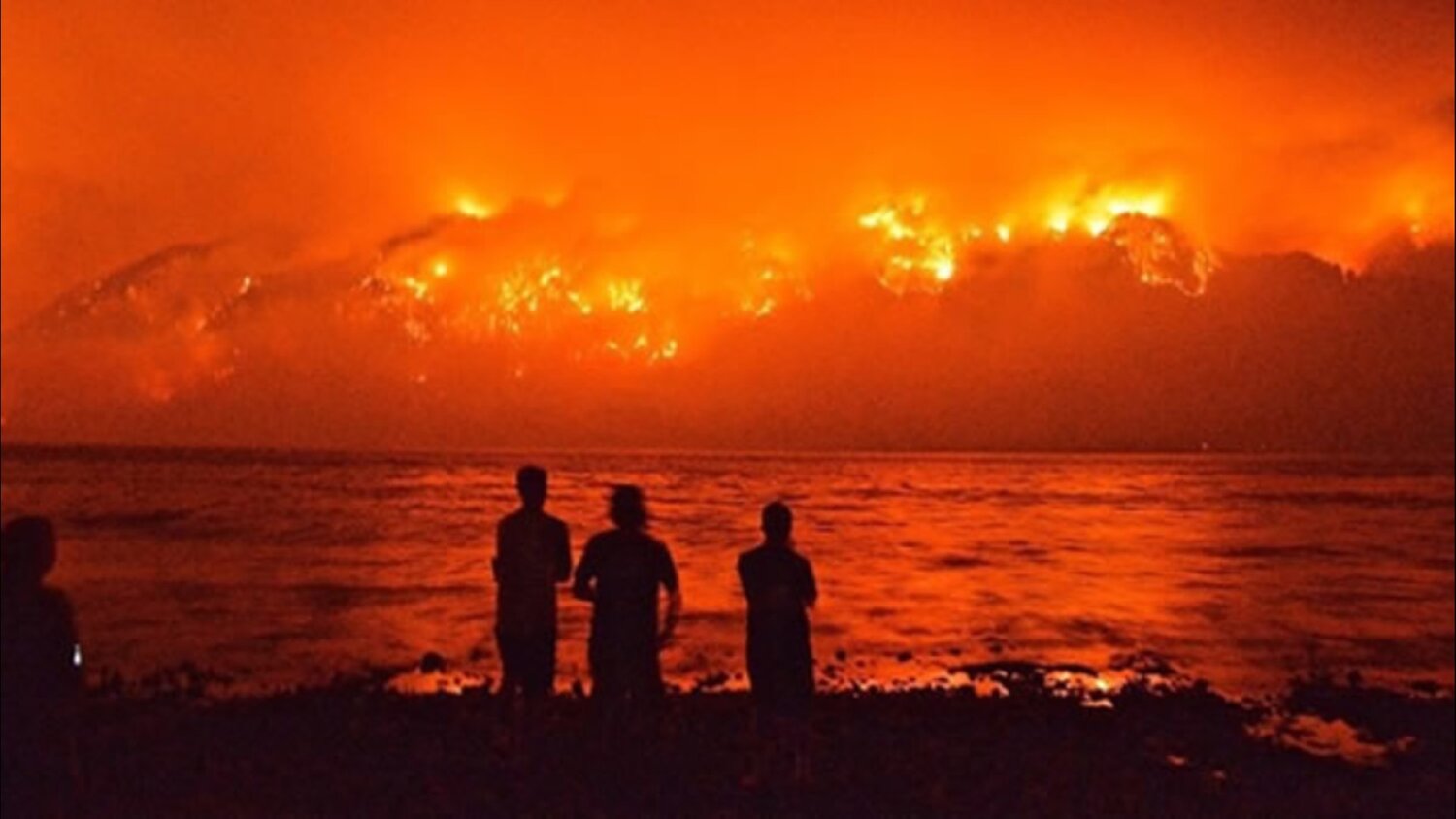
How do I cope when the world is going up in flames?
For some, the world is literally going up in flames with wildfires on the verge of consuming their homes and lives.
At the same time, most of the world is dealing with increasing numbers of COVID cases and deaths. There are new lockdown measures put in place, schools closing and children’s education is suffering, businesses laying off record numbers of people, a recession settling in.
Then there is the US election which the whole world is watching. In the US, there is an unprecedented level of social strife, racism is increasing and becoming an even-hotter, deeply divisive issue. Huge issues like a no-deal Brexit and climate change feel like small footnotes.
Naturally, mental-health challenges are on the rise, why wouldn’t they be with all that is going on?
This period is as intense as a hot wildfire!
Most of us are not accustomed to handling such immense levels of uncertainty and stress. We want our ‘normal’ lives back. But that isn’t going to happen. We need to reckon with reality. But how, when it’s all too much?
When we are no longer able to change a situation, we are challenged to change ourselves.
Victor Frankl
In coaching, we say that if you notice yourself complaining and you want something to change, there are only three choices: Change the circumstances, change yourself, or leave (to keep complaining or suffering). But we can’t do much about the circumstances and most of us can’t really leave the situation. So the only viable option is to change yourself. Often, that means change your perspective or your views so you can adapt. But in this case, it is probably best to learn some coping strategies.
Everything can be taken from a man but one thing: the last of the human freedoms – to choose one’s attitude in any given set of circumstances, to choose one’s own way.
Victor Frankl
Coping strategies are about taking care of ourselves. Here are some ideas:
- Ingest news in small bites. Stop obsessing.
- Breathe. Meditate if you can. Go for a walk if you can. Breathe some more.
- Recognise your own limits and stop before you head into overwhelm or burnout.
- Find some things you can appreciate: your health, your family, your job, your ability to choose a response.
- Connect with family and friends and spend some time talking about something other than the dire things happening in the world.
The world is not likely to be “better” any time soon. We need to make habits out of these coping strategies. Practise, practise, practise. Learn to find your own stability and sanity.
How can we listen and find common ground when it’s so loud and divisive?Accountability works